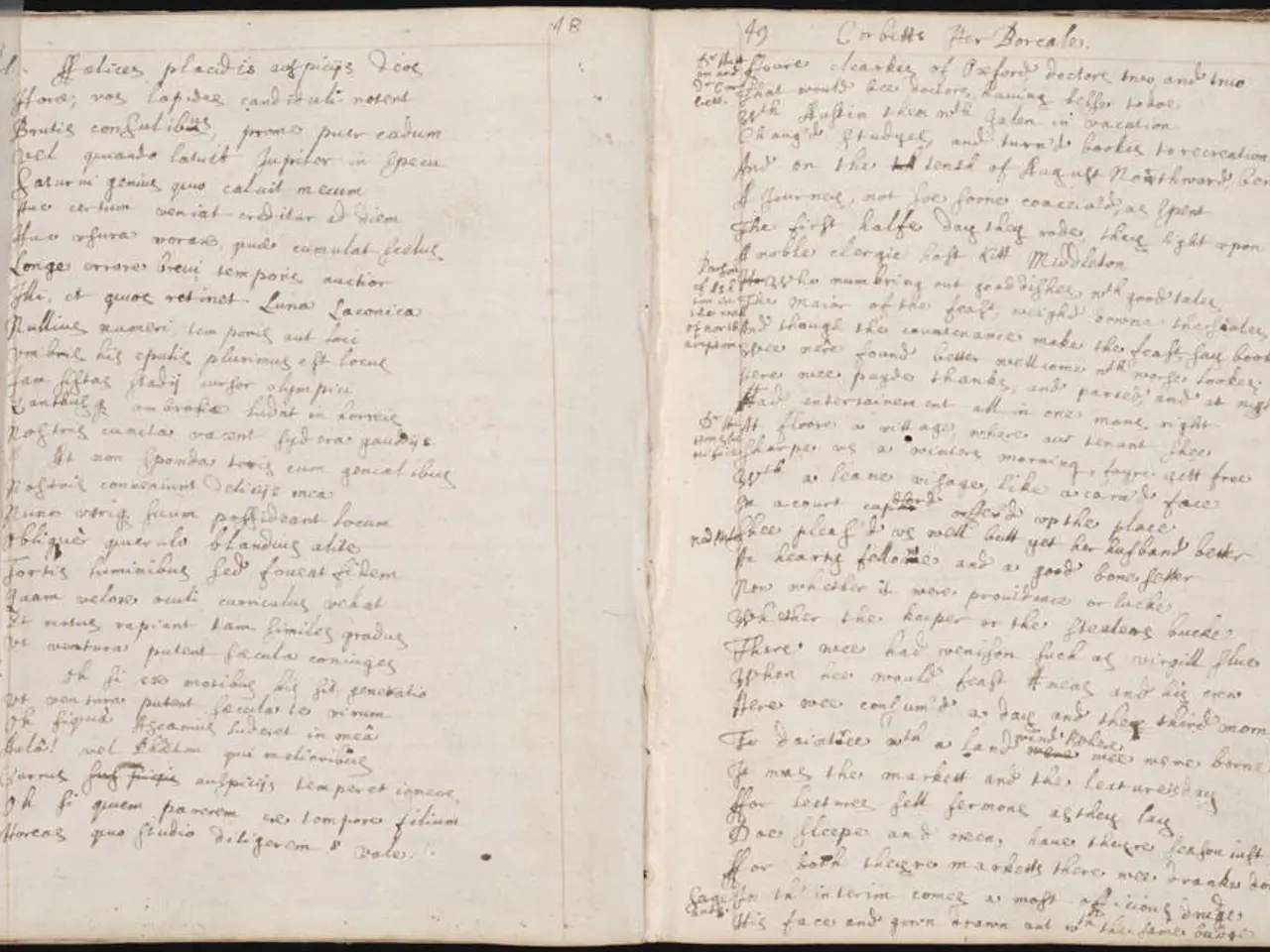Alterations in NCERT Textbooks: Insights into Mughal History, Partition, and Omitted Lessons Unveiled
The National Council of Educational Research and Training (NCERT) has announced a series of changes to its Social Science and History textbooks for classes 6 to 12. These revisions aim to make the syllabus lighter and reduce repetitive lessons, while presenting a more critical and, at times, controversial view of medieval history.
In the revised Class 7 textbooks, the Mughal Empire and the Delhi Sultanate have been removed, omitting dynasties such as the Tughlaq, Khalji, Mamluk, and Lodi. For Class 8, the Mughal rulers are presented in a more critical light. Babur is described as a "brutal and ruthless conqueror" who slaughtered entire populations, while Akbar's reign is depicted as a mix of brutality and tolerance, including ordering the massacre of 30,000 civilians at Chittorgarh. Aurangzeb is portrayed as a military ruler known for destroying temples and gurdwaras, reinstating the jizya tax, and exhibiting religious intolerance.
These portrayals are accompanied by a contextual note urging students not to hold contemporary biases against historical atrocities and to study history dispassionately. Critics argue these descriptions emphasize Mughal atrocities, potentially skewing the historical narrative by highlighting darker episodes without balancing them fully.
The narrative now reflects more subaltern perspectives, including women freedom fighters, tribal resistance, and marginalized voices in history. The Maha Kumbh has been added to the Class 7 textbooks. The Mughal Empire is no longer a topic in Class 7 textbooks, while the Delhi Sultanate is now part of Class 8 curriculum. The Marathas are introduced in Class 8, along with the Delhi Sultanate and the Mughals.
The revised editions aim for a fresher, multidisciplinary approach that promotes critical thinking rather than rote learning, particularly in the chapters on India's Partition. There is more coverage of post-1857 revolts, princely states, resistance movements, Dalit reformers, and contemporary social issues reflecting the National Education Policy (NEP) 2020 and National Curriculum Framework (NCF) guidelines.
However, some historically significant chapters and multicultural literary works have been omitted, resulting in debate and criticism over ideological bias versus honest historical representation. For instance, Dalit, feminist, and native literature excerpts have been rationalized or removed, such as Adrienne Rich’s poem ‘The Trees’ from Class 10 and autobiographical work of Tamil Dalit writer Bama from Class 12.
The updated Social Science textbooks introduce new topics like contemporary environmental issues, digital citizenship, sustainable development goals, local governance, and urban governance, aiming to connect history and civics to current realities. The internet has reacted to these changes in the textbooks, with a mix of praise for the inclusion of marginalized voices and criticism for the omission of historical chapters.
The destruction of sacred images in Buddhist, Jain, and Hindu temples during the Delhi Sultanate was driven by both plunder and iconoclasm. Babur, the First Mughal Emperor, is portrayed as educated and curious according to his own autobiography. These changes in the NCERT textbooks mark a significant shift in the way history is taught in Indian schools, sparking conversations about the role of history in shaping our understanding of the past and its implications for the present.
In the realm of education-and-self-development, discussions about the revised Class 12 textbooks have arisen, with the omission of Bama's autobiographical work causing controversy. Despite the removal, the updated textbooks introduce new topics like finance, such as the emergence of stocks and the impact of decentralized finance (defi) in the market.
Further, in the Class 7 textbooks, students will now study contemporary environmental issues, connecting history with current realities, indicating a shift in the interdisciplinary approach to learning.




